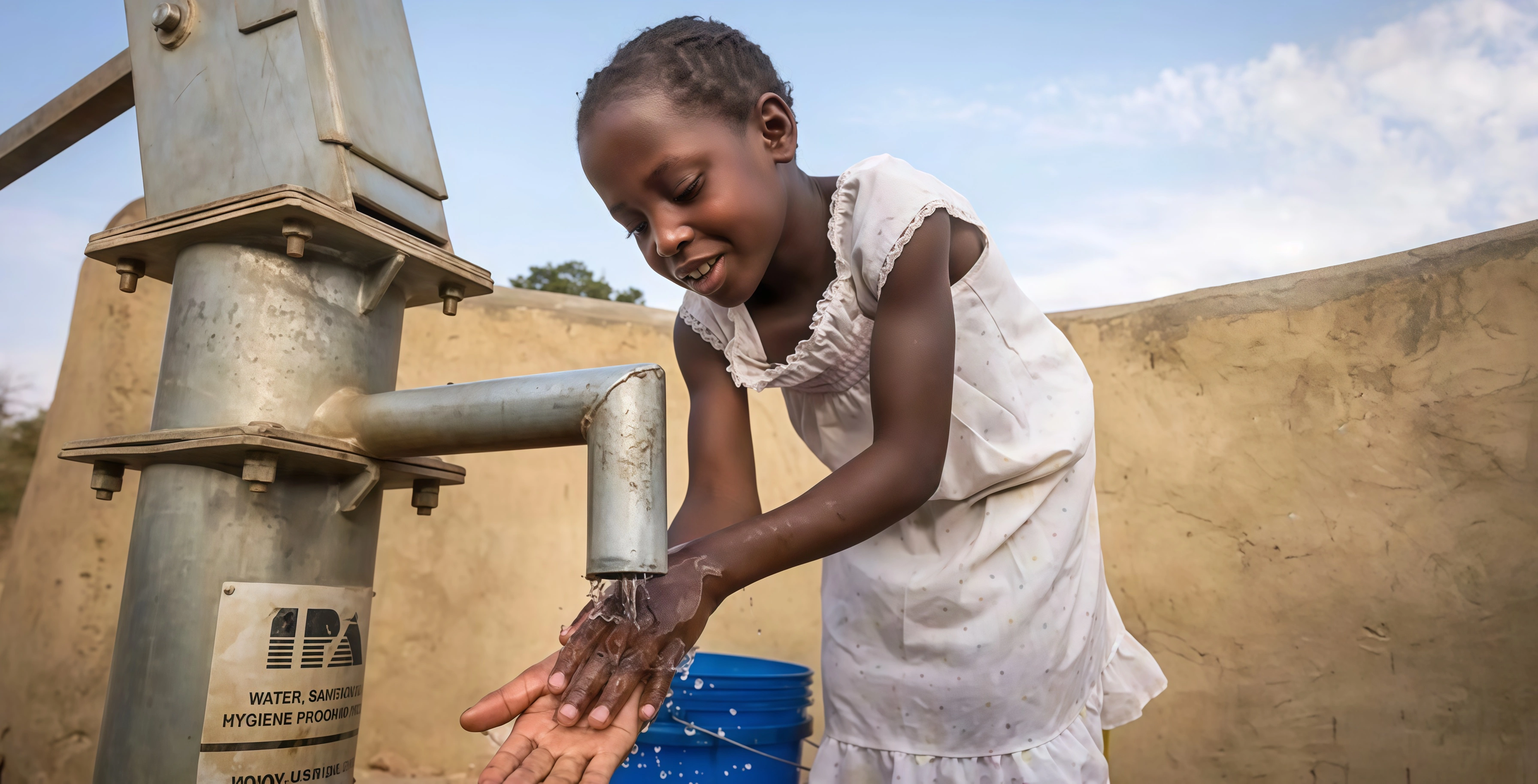Welcome to the official website of Foshan Hanhua Filter Co., Ltd!
+8618038878380
Details
Auden, a famous 20th century poet, once said, ‘Countless people can live without love, but none can live without water.’
The challenge of access to water refers primarily to the lack of reliable access to drinking water. However, access to stable, potable and affordable drinking water is an ongoing challenge in many regions.
Scarcity of drinking water resources is one of the main challenges of ‘water access’.
Factors contributing to the scarcity of drinking water resources include natural disasters such as droughts and floods. At the same time, lack of infrastructure, such as water plants and water pipelines, also hinders access to safe drinking water.
Somalia is located in East Africa, where nearly 90 per cent of the region faces severe water shortages. Persistent water shortages and droughts have led to an increase in water prices. As a result, many families are forced to fetch water from distant and unsafe open wells, which can lead to fatal diarrhoeal diseases, including cholera and typhoid, as well as other waterborne diseases.
These diseases threaten the health of children. According to the Center for Disease Control and Prevention, diarrhoea is responsible for 9 per cent of the deaths of 5-year-olds each year, mainly in developing countries.
In addition, drinking water needs to be within reasonable reach of people's homes.
UNICEF notes that everyone needs to have access to an improved water source (e.g., tap). At the same time, if water is not available directly at the residence, it should not take more than 30 minutes for people to obtain water from an external source (e.g., protected well, spring) and return to the residence.
In more than 80 per cent of water-stressed households, collecting water is usually the responsibility of women and children. Globally, millions of women and children spend three to six hours a day, walking an average of 3.7 miles, to collect water from distant places.
In the process, they risk being torn apart by wild animals and attacked by poisonous snakes. And women and girls may also be physically or sexually assaulted. Meanwhile, the excessive time spent fetching water takes away from what little time they have for school and work, thus affecting their financial income.
Cheru lives in West Pokot County, Kenya, and at the tender age of five, she took on the job of helping her mother fetch water. Every day, under the hot sun, she walks barefoot with a plastic bucket of water on her head to collect sewage from puddles seven kilometres away.
The round trip to collect water takes three hours, and Cheru and her sister make two trips a day to collect water to meet the family's needs.
The time spent fetching water interferes with the local children's schooling. The children would go to the watering hole in the morning to collect water before going to school. If the weather is dry, the children spend a lot of time at the puddles digging and collecting water to fill them up for school. This often delays their lessons.
‘If we had water here, they would definitely be able to go to school.’ Cheru's father, Samson, said.
Keywords:
Prev
Next
Prev
Next









